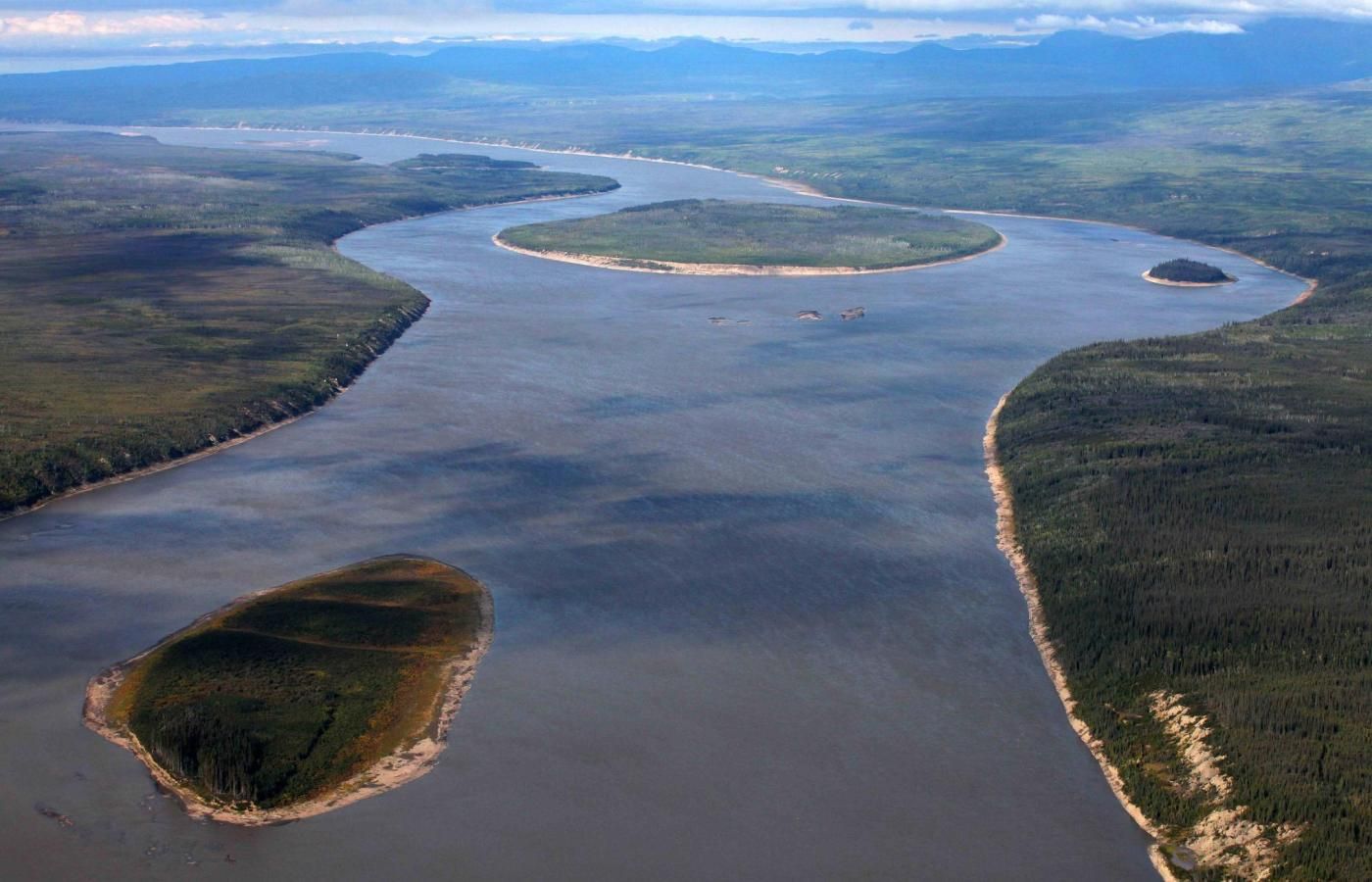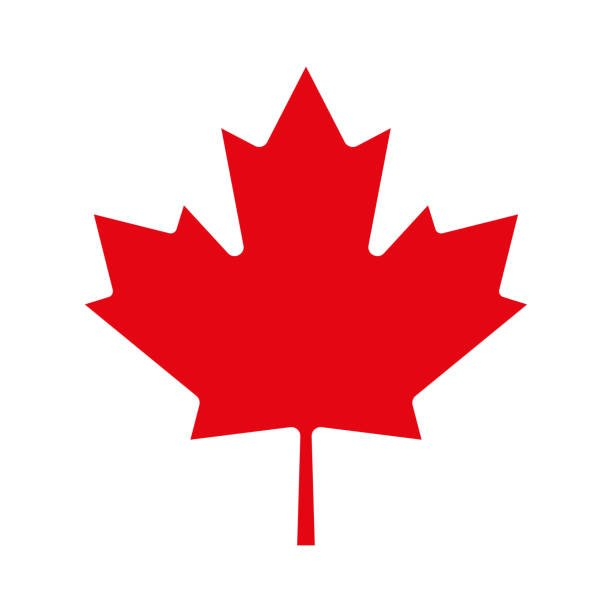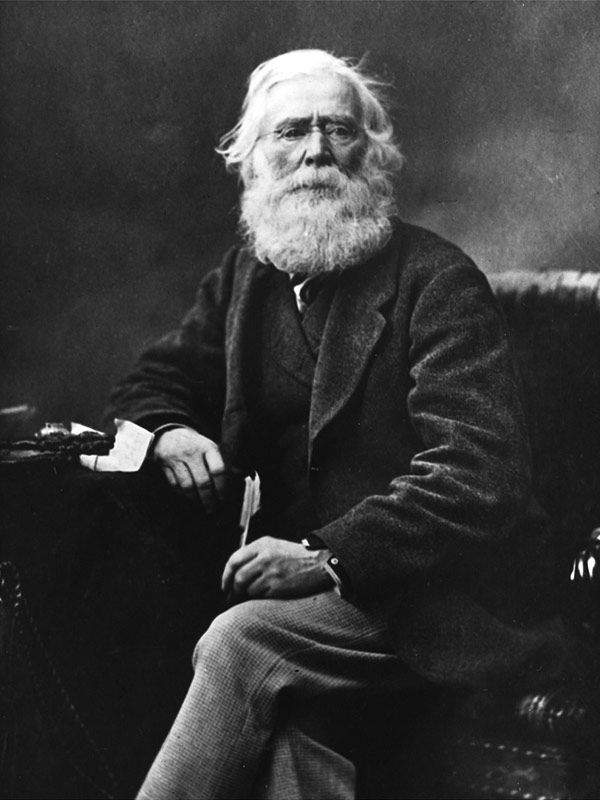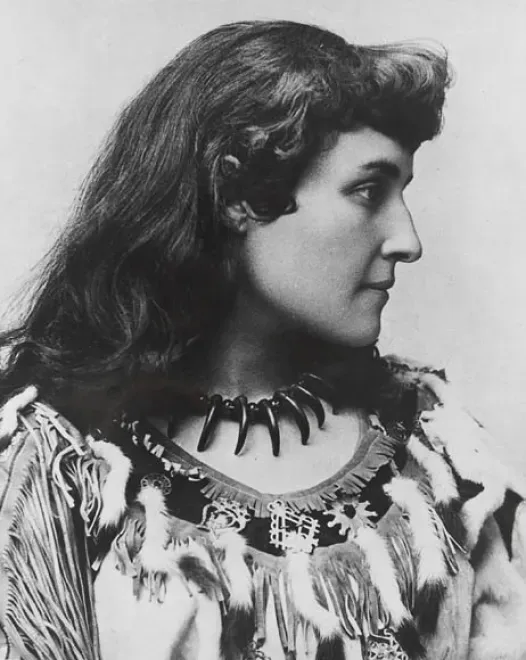When Did Canadian Citizenship Commence
When Did Canadian Citizenship Commence

Did you know that prior to 1947, both people born in Canada and naturalized
immigrants were considered British subjects? The implementation of Canadian
citizenship was an important expression of the country’s growing sense of national
identity and pride following the second world war.
Prime Minister William Lyon Mackenzie King became the first Canadian citizen, along
with 25 other new Canadians three days after the Canadian Citizenship Act came into
force, January 1, 1947. He began our country’s first-ever citizenship ceremony with the
words, “I speak to you as a citizen of Canada.” Since that moment, millions of new
Canadians have become citizens at ceremonies held in all of our provinces and
territories.
The 1947 Act outlined the process and requirements for obtaining Canadian citizenship,
as well as the reasons it could be revoked. Among other things, it gave married women
full control over their nationality status. Prior to this Act, a woman’s nationality status
was generally defined by that of her husband, and could be lost through marriage.
The importance of Canadian citizenship has continued and has flourished through the
years. Citizenship remains a personal commitment to Canada, and to our fellow
Canadians. We honor the ideals of our common citizenship by promoting democracy,
diversity and community. Citizenship confers rights and responsibilities and an
obligation to uphold and enrich our vast country and its peoples.
In 1977 the Canadian Citizenship Act was replaced with the Citizenship Act, which has
been amended several times. Recently, changes include broadening the interpretation
of “citizenship by descent” and establishing a new Oath of Citizenship that recognizes
inherent and treaty rights of First Nations, Inuit and Metis peoples.
In addition, the Canadian Oath of Allegiance, is a promise or declaration of fealty to the
Canadian monarch. For seventy years, oaths have been sworn to Her Majesty, Queen
Elizabeth II. This has been amended following the passing of Queen Elizabeth II,
September 8, 2022, and Canadians will now swear their allegiance to our reigning
monarch, King Charles III.
The 1977 Act allows adults who have immigrated to Canada to be eligible for citizenship
if are not prohibited from applying, if they have their permanent resident status; have
lived in Canada for three out of five last years; have filed their taxes, if required; have
adequate knowledge of French or English; and are able to pass the citizenship



